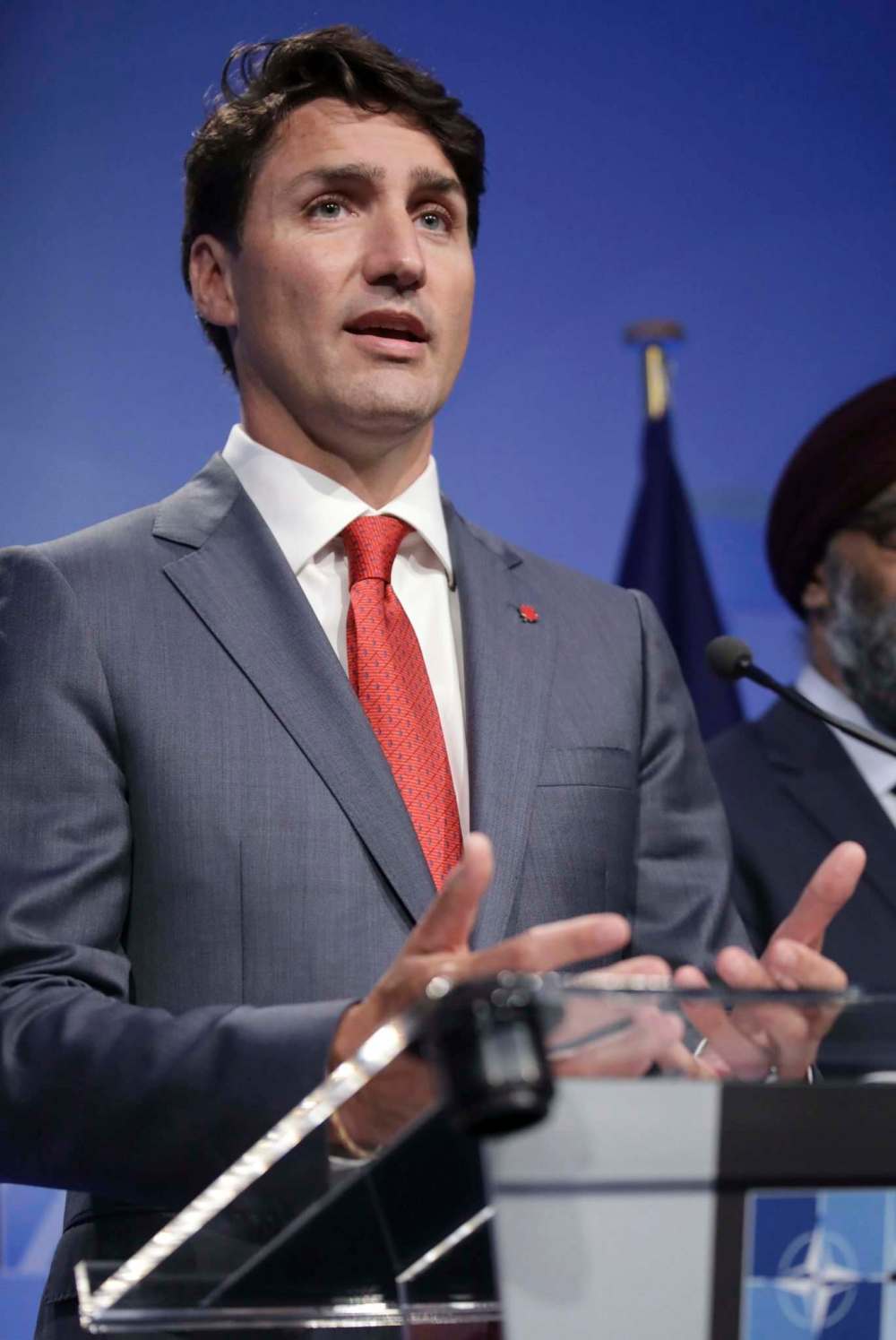No absolutes in supply management talks
Read this article for free:
or
Already have an account? Log in here »
To continue reading, please subscribe:
Monthly Digital Subscription
$0 for the first 4 weeks*
- Enjoy unlimited reading on winnipegfreepress.com
- Read the E-Edition, our digital replica newspaper
- Access News Break, our award-winning app
- Play interactive puzzles
*No charge for 4 weeks then price increases to the regular rate of $19.00 plus GST every four weeks. Offer available to new and qualified returning subscribers only. Cancel any time.
Monthly Digital Subscription
$4.75/week*
- Enjoy unlimited reading on winnipegfreepress.com
- Read the E-Edition, our digital replica newspaper
- Access News Break, our award-winning app
- Play interactive puzzles
*Billed as $19 plus GST every four weeks. Cancel any time.
To continue reading, please subscribe:
Add Free Press access to your Brandon Sun subscription for only an additional
$1 for the first 4 weeks*
*Your next subscription payment will increase by $1.00 and you will be charged $16.99 plus GST for four weeks. After four weeks, your payment will increase to $23.99 plus GST every four weeks.
Read unlimited articles for free today:
or
Already have an account? Log in here »
Hey there, time traveller!
This article was published 13/08/2018 (2679 days ago), so information in it may no longer be current.
Canada will “absolutely not” get rid of its dairy, egg and poultry supply management system, Prime Minister Justin Trudeau reiterated this week as he began a visit to Prince Edward Island.
Canadian milk producers will be glad to hear that. They are nervously watching Canada’s trade negotiations with the United States for fear of losing the advantages of supply management.
U.S. President Donald Trump has repeatedly expressed impatience with Canada’s restrictions on dairy trade. While he has shown no interest in the details, he has loudly complained about the 270-per-cent tariff barrier that Canada uses to close its market to dairy imports.

Short of abolishing Canadian dairy supply management, however, there is plenty of room to negotiate. Canada already showed in its trade deal with the European Union and its tentative deal with Japan and nine other Pacific Rim countries that the dairy rules are negotiable.
Canada is quite happy to cut loopholes through supply management as part of a trade deal that is, on the whole, advantageous to its interests.
The easiest solution, since Mr. Trump has made an issue of the 270-per-cent tariff, would be a dramatic reduction in that figure.
It is a purely theoretical number in any event, intended to ensure that no one will ever import a product it applies to. It would probably have the same effect at 100 per cent or 50 per cent. Canada could grant Mr. Trump a huge numerical concession he could boast about, though it would make no difference to any part of the dairy trade.
European cheese makers wanted access to the Canadian market. The Canada-Europe trade treaty, negotiated by the former Stephen Harper government and concluded by the current Trudeau government, provided that Canadian cheese producers and retailers could import 18 million kilograms of European cheese duty-free every year — as they are now doing.
Dairy producers and processors were promised $350 million in government subsidies for the supposed injury to their business. They grumbled, but not much.
U.S. dairy, egg and poultry producers were similarly eager to sell their products into Canada when the former Obama administration was negotiating the Trans-Pacific trade treaty. As a result, the treaty allows for duty-free imports into Canada eventually adding up to about 3.25 per cent of the Canadian market. Mr. Trump pulled the U.S. out of that treaty and now the rules have to be discussed all over again among Canada, the U.S. and Mexico. But Canada has already shown the size of the loophole it is willing to open in its supply management system.
The supply management system is especially popular in Quebec, whose small-scale, high-cost producers are kept in business by the production quotas and the import ban. Now that Quebec Liberal Premier Phillippe Couillard is fighting for his political life in a general election, Mr. Trudeau is not about to give any fresh sign that supply management is negotiable.
Quebec, however, will hold its election Oct. 1. Once that is out of the way, Ottawa will have some latitude to find out what advantages the U.S. can offer in return for access to Canada’s supply-managed markets.
There is not much doubt about the access Canada can offer, since we already tipped our hand in the Europe and Pacific trade deals. The question remains what the U.S. can offer in return.









